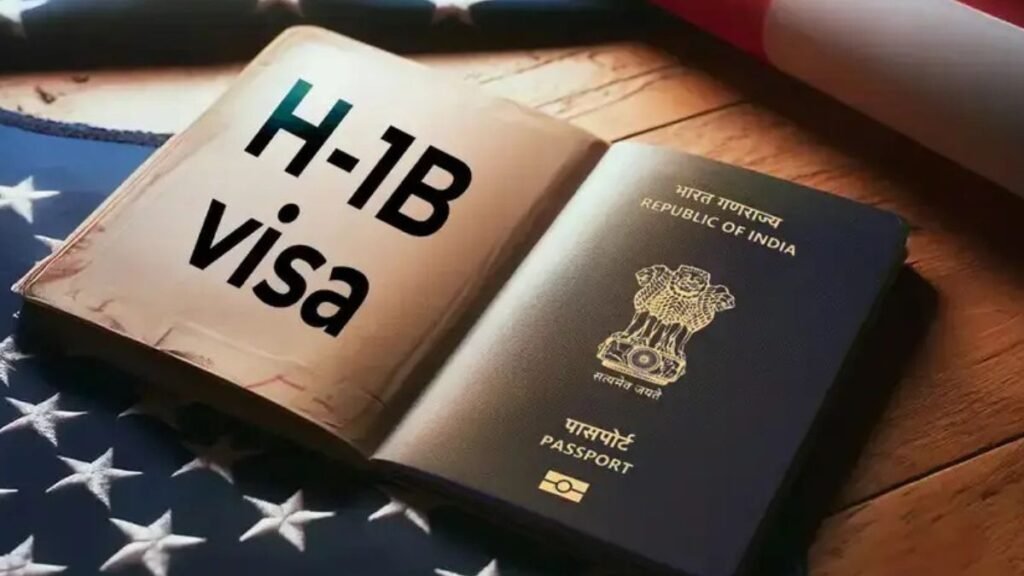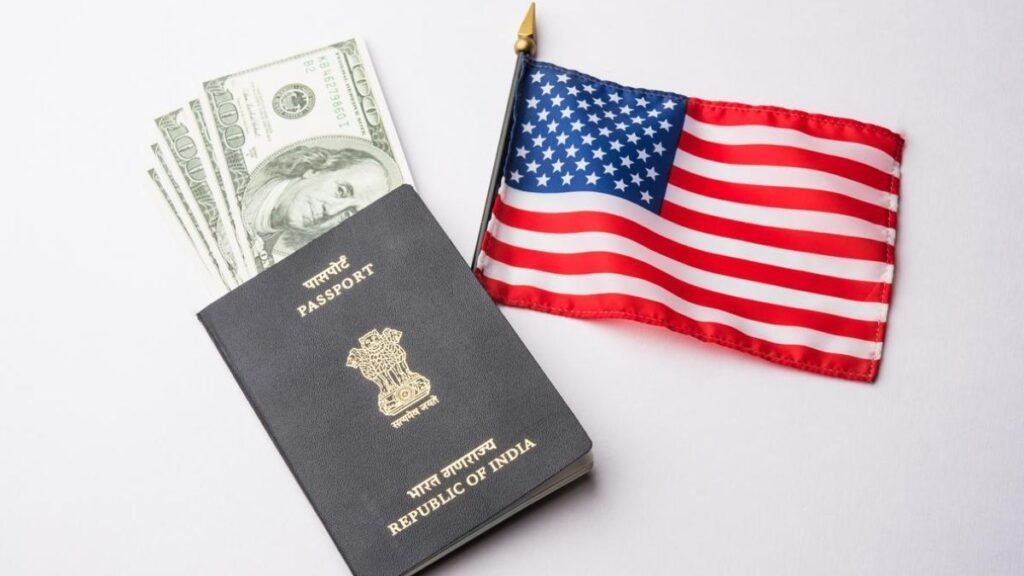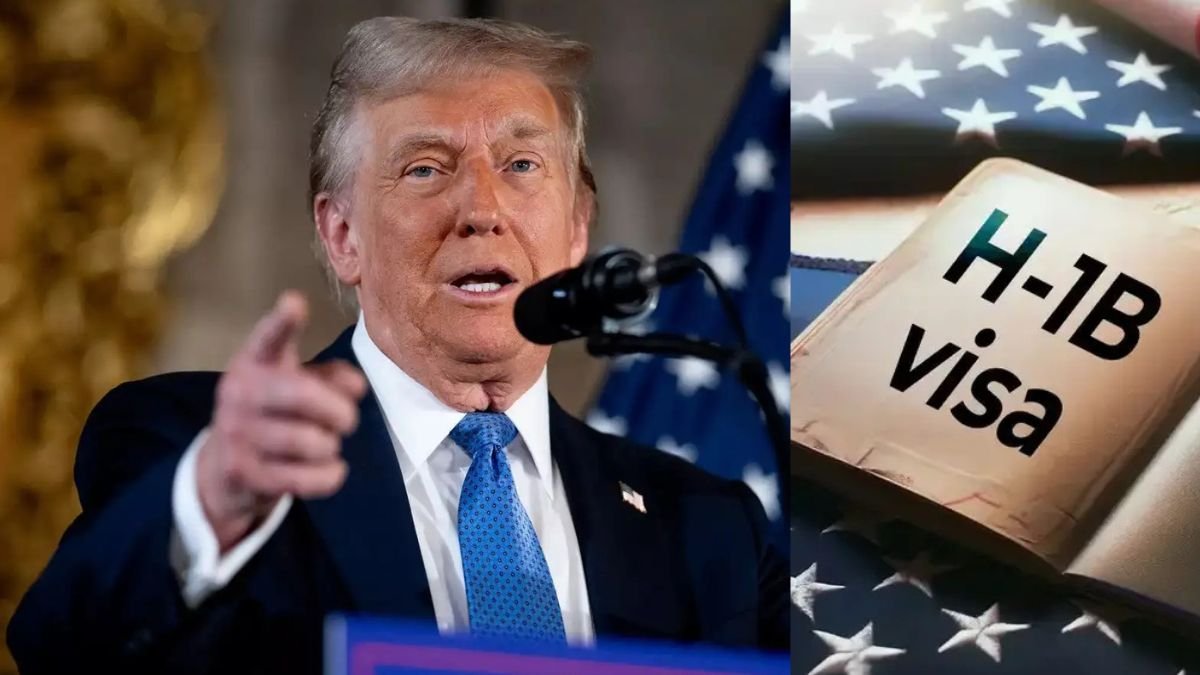The United States is preparing for one of the most dramatic overhauls of the H1B visa system in recent years. According to a senior White House official, President Donald Trump is expected to sign a proclamation that would impose a $100,000 application fee on companies seeking to hire foreign professionals under the H-1B program. The move, first reported by Bloomberg, signals a significant tightening of work visa rules that have long been a lifeline for the technology industry.
Rationale Behind the Change
Administration officials argue that the policy is designed to reduce misuse of the H-1B program and to protect American jobs. Critics have long claimed that some firms exploit H1B visas by bringing in lower-cost workers, undercutting wages for U.S. employees. The new fee, combined with a directive to the Labor Department to review wage-setting rules for H-1B holders, is intended to safeguard domestic workers from wage suppression.

A White House document reportedly frames the replacement of American staff with cheaper foreign labor as a national security concern. It further argues that over-reliance on the H1B system discourages young Americans from pursuing careers in science, technology, engineering, and math (STEM).
Impact on the Tech Industry
No sector is more dependent on H1B visas than the U.S. technology industry. Companies ranging from Silicon Valley giants to smaller startups rely on highly skilled foreign engineers, data scientists, and developers to fill gaps in the workforce. For many of these businesses, the sudden imposition of a $100,000 application fee could drastically reshape hiring strategies.

While large corporations may be able to absorb the cost, smaller firms and startups — often the most innovative users of H1B visas — could find themselves priced out of the program. That reality has raised concerns that the U.S. could lose global competitiveness in emerging fields such as artificial intelligence and advanced computing.
Also Read: Who is Jimmy Kimmel? TV Host Faces Suspension After Controversial Remarks
Current Costs Versus Proposed Fee
At present, the H1B visa process includes several charges: a $215 lottery registration fee and a $780 Form I-129 filing fee. Employers also face various anti-fraud and training fees, which can bring the total expense per worker into the thousands of dollars.
What remains uncertain is whether the proposed $100,000 fee would replace these existing charges or be added on top of them. If cumulative, the total cost of securing a single H1B visa could easily exceed six figures, fundamentally altering how employers view the program.
Allegations of System Abuse
The administration has frequently cited abuse of the H1B system as justification for reform. Each year, 85,000 visas are issued through a lottery, and officials argue that some staffing and outsourcing companies game the process by submitting multiple applications for the same candidate. Critics say this practice enables firms to flood the system with lower-paid workers while edging out companies that genuinely need highly skilled talent.
By raising the financial stakes, the White House hopes to discourage such practices and ensure that only employers with legitimate, high-value needs apply for H1B visas.
A Broader Immigration Strategy
The push to reshape the H-1B program is part of a larger effort by the administration to increase immigration-related fees. Recent changes have included higher costs for work permits, asylum applications, and other services. Revenue from these hikes, according to officials, will help fund expanded detention centers, new border barriers, and additional enforcement personnel.
Also Read: NASA Announces Life on Mars? New Rover Findings Ignite Global Debate
This approach reflects a consistent theme in the Trump administration’s immigration agenda: shifting costs from taxpayers to applicants and employers, while simultaneously making it harder to access legal pathways into the country.
Uncertain Future for the H1B System
Although the plan is expected to be announced soon, the details of how the $100,000 fee would be implemented remain unclear. Business groups are already preparing to push back, warning that such a steep increase could cripple the ability of U.S. companies to attract the world’s top talent.
Supporters of the proposal counter that the U.S. should prioritize its domestic workforce and that companies genuinely in need of specialized skills will still pay the price. Opponents, however, argue that the H1B program is a critical tool for innovation and that restricting it could drive investment and talent to other countries.
Taazanow.com- Click Here

